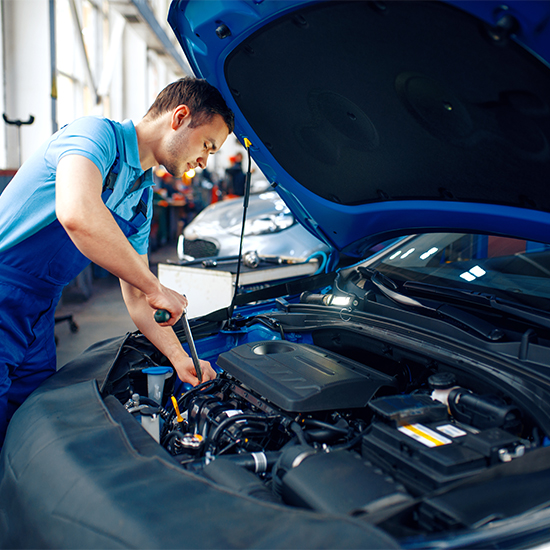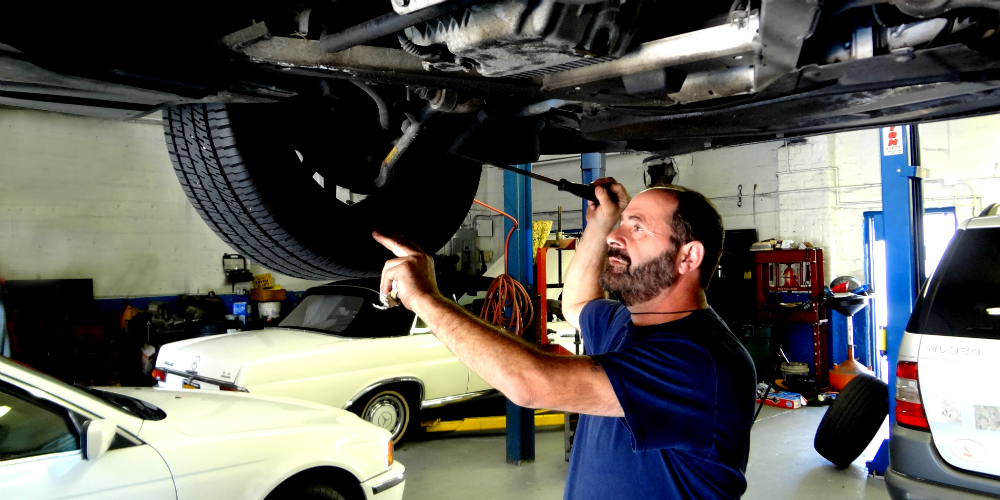All Categories
Featured
Your lorry's brakes are one of the most vital components in ensuring your security and the security of others on the road. Normal brake evaluations are vital to preserving optimal stopping performance and staying clear of pricey repairs. Whether you're a seasoned vehicle owner or a new vehicle driver, recognizing brake evaluation guidelines can assist you stay positive regarding maintenance and ensure your vehicle is always roadworthy.
- Why Brake Inspections Issue. The more you drive, the extra friction your brake pads withstand, at some point leading to reduced braking efficiency. Without appropriate inspection, it's hard to assess when your brakes might be in demand of fixing.
A well-kept brake system makes sure fast, receptive stopping power, specifically in emergency situations. It also aids expand the life of your car, as overlooking brake maintenance can bring about extra extreme, costly problems later on.
- Indications You Need a Brake Examination. While it's important to have your brakes evaluated occasionally, certain indicators may suggest that they need attention. Maintain an eye (and ear) out for these warning signals:
Squeaking or Grinding Noises: Unusual audios, specifically a high-pitched screech or grinding sound, typically imply that your brake pads are put on down. Vibration or Pulsation: If you really feel resonances or a pulsing experience when pressing the brake pedal, it might be a sign of deformed blades or unequal brake pad wear. Reduced Brake Responsiveness: If your brakes really feel much less responsive or you need to push the pedal harder to slow down, it may show air in the brake lines or low brake fluid. Pulling to One Side: If your vehicle draws away when stopping, it might imply unequal brake pad wear or a brake fluid leak. Dashboard Caution Lights: Some automobiles have brake-related caution lights that show concerns like reduced brake fluid or worn brake parts. If you discover any one of these symptoms, it's essential to have an expert mechanic perform a brake examination immediately.

- What Occurs During a Brake Evaluation? Throughout a brake evaluation, an auto mechanic will check numerous key parts of the stopping system to make certain every little thing remains in functioning order. Right here's what you can expect throughout the process:
Brake Pads and Shoes: The technician will inspect the thickness of the brake pads or footwear. If they're too thin, they'll require to be changed. Brake Rotors: Rotors are the discs that the brake pads press against to reduce your vehicle down. They'll be examined for any type of signs of wear, racking up, or warping. Brake Liquid: Reduced or infected brake fluid can hinder braking efficiency. The professional will check the fluid degree and top quality and leading it up or flush it if needed. Brake Lines and Hoses: Brake lines bring liquid from the master cyndrical tube to the brakes. The mechanic will certainly check for any leaks, fractures, or damages to make sure proper fluid flow. Brake Calipers and Wheel Cyndrical Tubes: Calipers and wheel cylinders press the brake pads versus the rotors or drums. The specialist will look for wear, leaks, and correct procedure. 4. Just how Usually Should You Have Your Brakes Checked? The regularity of brake inspections depends upon aspects like your driving routines, the kind of vehicle you drive, and the setting in which you drive. As a general guideline, it's a great idea to have your brakes evaluated every 12,000 miles or yearly. If you experience any of the warning signs pointed out previously, it's crucial to obtain your brakes examined instantly.
For those that regularly drive in rush hour, hilly terrain, or harsh weather, more constant evaluations might be required.
- Relevance of Timely Brake Repairs. When you discover a trouble with your brakes, it's important to address it right now. Postponing brake repair work can cause more considerable damages to your braking system, causing higher repair service expenses. In extreme cases, ignoring brake issues can result in complete brake failure, which is a significant safety risk.
By remaining on top of brake maintenance and dealing with problems promptly, you make certain that your brakes proceed to carry out as intended, keeping you and your passengers risk-free when traveling.
Verdict: Keep Your Brakes in Top Shape. Brake evaluations are a straightforward yet important part of lorry maintenance. By comprehending the relevance of regular inspections, recognizing the indications of brake issues, and staying positive with repairs, you can ensure your automobile's stopping system stays in optimal condition.
Latest Posts
Safeguard Your Financial Investment with Professional Seamless Gutter Installation
Explore the Premier Auto Repair Coupons in Montclare, Chicago
Discover Montclare Auto Repair’s Premier Auto Repairs and Why Drivers Trust Them
More
Latest Posts
Safeguard Your Financial Investment with Professional Seamless Gutter Installation
Explore the Premier Auto Repair Coupons in Montclare, Chicago
Discover Montclare Auto Repair’s Premier Auto Repairs and Why Drivers Trust Them
